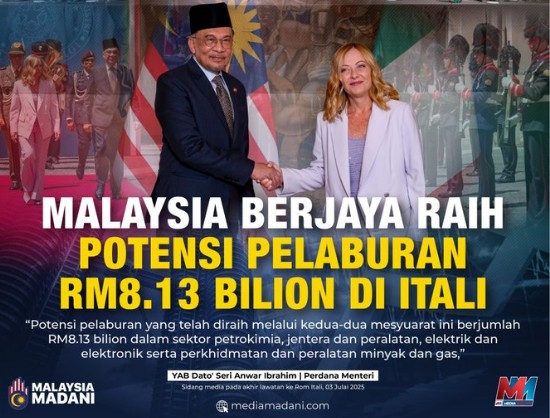MUMBAI: Mukesh Ambani, India’s richest man, is keen to meet all the shopping needs of domestic consumers. A flurry of dealmaking involving his US$176 bil (RM743 bil) oil-to-telecom giant Reliance Industries could make that a sharper reality by seriously blunting the competition.
Ambani’s Reliance Retail is a conglomerate within a conglomerate, accounting for one-quarter of group revenue last year. It has joint ventures with luxury labels from Tiffany & Co to Jimmy Choo, and owns Trends, a mass-market chain.
In groceries, it operates supermarkets plus a cash-and-carry business catering to tiny shops. The unit is also a big owner of electronics stores, petrol pump retail outlets, and so-called Jio Points which function as sales counters for Ambani’s mobile operator.
Overall, it’s the country’s largest retailer by reach, scale, revenue and profitability with almost 12,000 stores covering 28.7 million sq ft. Ambani reminded shareholders last year that the business is “four times larger than the second-largest retail player” and “larger than all the other major retailers put together”.
Now consolidation is coming down the aisle. Reliance Industries might buy its closest brick-and-mortar rival, Kishore Biyani’s Future Group, for up to US$3.6 bil, according to Mint newspaper. The potential target owns supermarket chain Big Bazaar and the upmarket Foodhall.
Meanwhile, Ambani is sizing up investors for his retail arm after Reliance’s digital business raised US$20 bil from Facebook, Alphabet’s Google, KKR and others.
Jeff Bezos’ Amazon was expected to provide top competition for Reliance’s emerging online business but ET Now says it might inject funds into its rival.
Hazy definitions of market share might help smooth the way with competition watchdogs. Figures in the company’s annual report emphasise two perspectives.
Pre-pandemic, Reliance Retail’s full-year revenue was equal to just 2.6% of the US$822 bil retail market, where tiny mom and pop stores dominate. In contrast, just 11% of the overall market is “organised”, referring to corporate-backed chains and shops run by licensed traders.
Here, Reliance Retail already pockets nearly US$1 out of every US$4 spent, and only slightly less in groceries. Biyani’s Future Group has financial troubles, so a tie-up could benefit its stores and customers.
Over the longer term, though, Ambani’s outsized dominance will translate into unbeatable pricing power. Ultimately, India’s shoppers will pay for that. – Aug 4, 2020, Reuters









